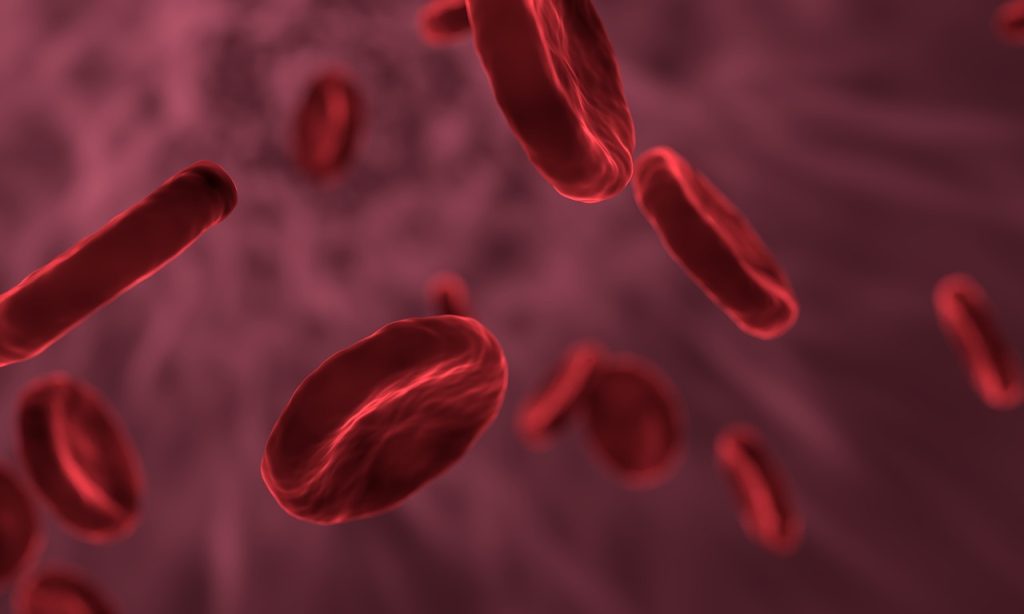Scientists Discover the Body’s Alarm System for Severe Blood Loss

In a discovery that could greatly benefit the treatment of traumatic injuries, scientists have identified a cluster of cells in the brainstem that control the body’s response to severe blood loss
The collection of neurons that the researchers discovered drive a response that maintains blood pressure during blood loss. However, severe blood loss eventually results in cardiovascular collapse, a condition called ‘decompensated haemorrhage’, marked by an abrupt and dangerous loss of blood pressure that presages haemorrhagic shock, where the body’s organs begin to shut down.
“During blood loss, the brain coordinates a cardiovascular response that supports blood flow to critical organs, like the heart and brain,” said researcher George Souza, PhD. “Our study shows that the cardiovascular response to blood loss depends on changes in the activity of a few hundred neurons in the brainstem.”
The new results, published in Cell Reports, shed light on an important process the body uses to maintain its blood pressure. Neurons, termed adrenergic C1 neurons, monitor blood pressure and activate during blood loss, increasing vasodilatory nerve activity that maintains proper blood pressure.
The scientists utilised advanced imaging and a technique called optogenetics controls neurons using light. Their research revealed that the C1 neurons are hyperactive during blood loss, and this keeps blood pressure study. But these neurons become inactive with severe blood loss, resulting in cardiovascular collapse.
The scientists found that re-activating the C1 neurons in lab rats restored both blood pressure and heart rate before cardiovascular collapse could lead to haemorrhagic shock.
“Our study indicates that reactivating the brain pathways controlling blood pressure during decompensated haemorrhage effectively reverses cardiovascular collapse. We think this indicates that neuromodulation of the pathways described by our study could be a beneficial adjunct therapy for low blood pressure following blood loss,” explained lead researcher Stephen Abbott, PhD.
The researchers noted that more research is needed as several factors could also cause the C1 neurons’ drop in activity during the onset of decompensated haemorrhage.
“These findings illuminate the importance of the brain-body interactions during blood loss and provide a new perspective for the underlying cause of cardiovascular collapse,” Dr Abbott said.

